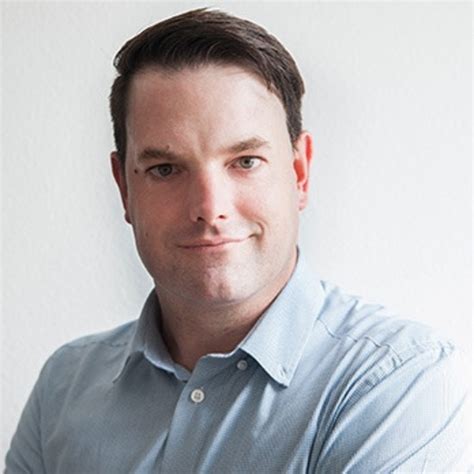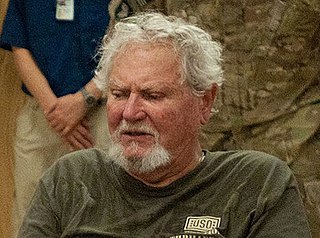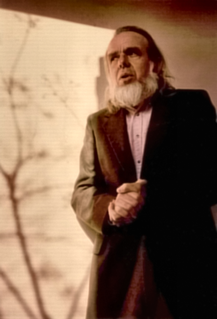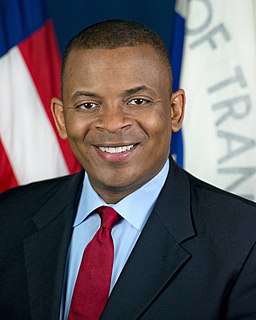A Quote by Chuck Palahniuk
Sometimes, like in 'Invisible Monsters,' I get too out of control, and instead of a plot point every chapter, I want a plot point in every sentence.
Related Quotes
I plot as I go. Many novelists write an outline that has almost as many pages as their ultimate book. Others knock out a brief synopsis... Do what is comfortable. If you have to plot out every move your characters make, so be it. Just make sure there is a plausible purpose behind their machinations. A good reader can smell a phony plot a block away.
Stop being frightened. You only see a monster because they want you to see monsters everywhere. They've conditioned you to look for monsters in every shadow, every coat hung on every door. As long as we keep seeing monsters, we'll continue to need protection and that's how other people get to control our lives.
To plot is to live. […] We start out lives in chaos, in babble. As we surge up into the world, we try to devise a shape, a plan. There is dignity in this. Your whole life is a plot, a scheme, a diagram. It is a failed scheme but that's not the point. To plot is to affirm life, to seek shape and control. Even after death, most particularly after death, the search continues. Burial rites are an attempt to complete the scheme, in ritual. Picture a state funeral, Jack. It is all precision, detail, order, design. The nation holds its breath. - (WN 292)
The writer must always leave room for the characters to grow and change. If you move your characters from plot point to plot point, like painting by the numbers, they often remain stick figures. They will never take on a life of their own. The most exciting thing is when you find a character doing something surprising or unplanned. Like a character saying to me: ‘Hey, Richard, you may think I work for you, but I don’t. I’m my own person.’
Before I was a Discordian, I took life much too seriously. When you take life too seriously you start to wonder what the point of it all is. When you wonder what the point is in life, you fall into a trap of thinking there is one. When you think there is a point, you finally realize there is no point. And what point is there in living like that? Nowadays I skip the search for a point and find, instead, the punch lines.
Fiction writers come up with some interesting metaphors when speaking of plot. Some say the plot is the highway and the characters are the automobiles. Others talk about stories that are "plot-driven," as if the plot were neither the highway nor the automobile, but the chauffeur. Others seem to have plot phobia and say they never plot. Still others turn up their noses at the very notion, as if there's something artificial, fraudulent, contrived.
I don't revise a lot when writing short stories. As far as the novel, I definitely thought more about plot. Honestly, I'm still pretty confused about what "plot" means. I've been reading some of my Goodreads reviews and one reader noted that the The Last Days of California "reads like a short story stretched to the breaking point, padded and brought into novel range..." I don't know what people want, really.






































